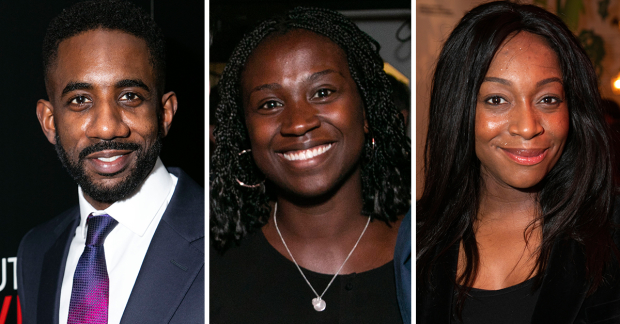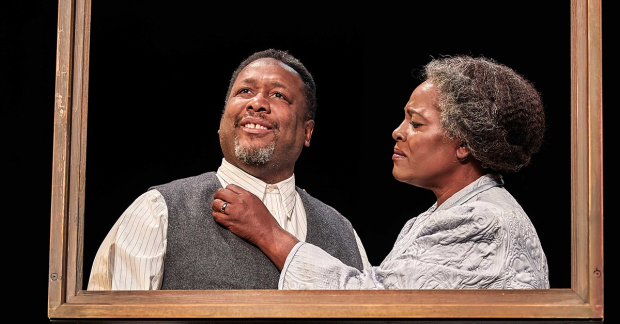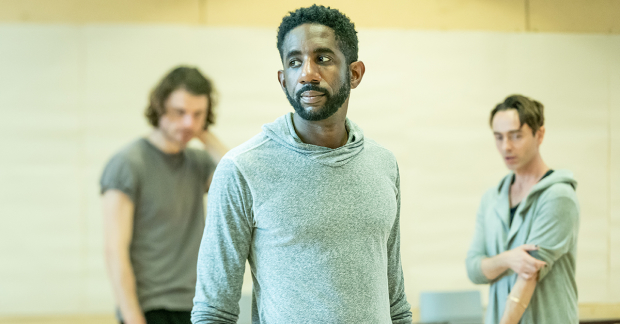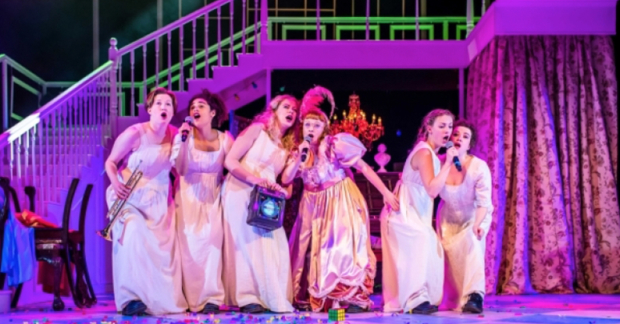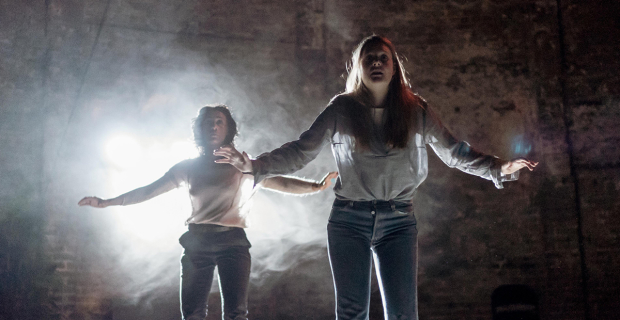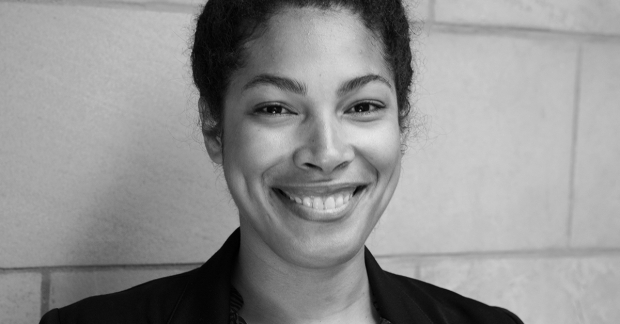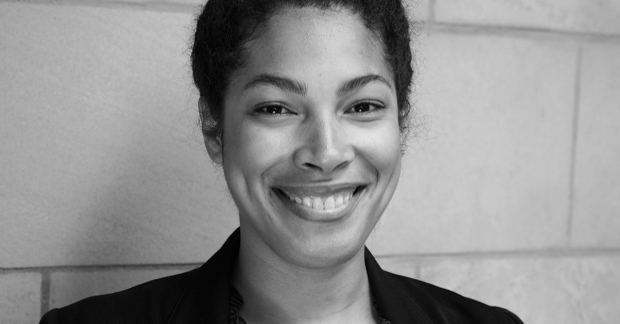Review: Fairview (Young Vic)
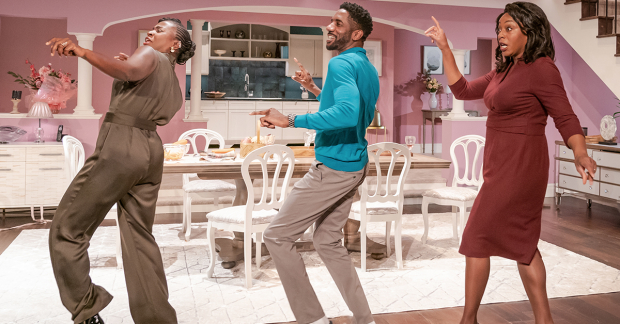
© Marc Brenner
Fairview poses a problem. Everything that makes Jackie Sibblies Drury's play such a blistering, challenging sensation also makes it impossible to write about. It relies for its effects on twists and turns that it would be wrong to give away.
So, here's what I can tell you. The play arrives from the US wreathed in laurels: the Pulitzer Prize for Drama was just one of three prizes it won when it burst onto the stage in 2019. It is set in the home of a well-to-do black family, and when it opens Beverly, the perfect hostess, is bustling around peeling vegetables and arranging flowers, fretting about her preparations for a birthday dinner for her mother who is resting upstairs.
Her sister Jasmine arrives, bearing rosé wine and demanding it be chilled properly. She is high-maintenance. "That woman knows everything about everybody and never has one good thing to say about anybody," comments Beverly's adoring husband Dayton, sagely. But she is also enormous fun and a favourite of the couple's high-achieving daughter Keisha, whom she greets with an elaborately choreographed dance routine.
Tom Scutt's sumptuous set, all measured mauves and purples, with tasteful abstract art on the wall and a home-proud kitchen opening off the back, fills the entire width of the space. It places this loving family in an elegant, tasteful setting; it's as if we have stepped into the manicured world of an African American sitcom like Fresh Prince, or Family Matters.
It is hyper-real but there's a sense of something being slightly off, as if we are watching The Truman Show. The sound system occasionally crackles alarmingly; the family keeps breaking into unexpected dance numbers, smiling broadly. It is also incredibly funny, written with pinpoint precision: a dialogue between Beverly (wonderfully fraught Nicola Hughes) and Dayton (played with anxious willingness by Rhashan Stone) about vegetables is a joy; one between Beverly and Jasmine (an exuberant performance by Naana Agyei-Ampadu) about the tropes in depictions of family dramas is more serious but hilariously acute.
Then stuff happens. The curtains close, a snatch of a song by Labi Siffre (part of a generally superb soundtrack) plays, and a fanfare announces the reopening of the show. We are in the same place, but in a different world. As it says in the start of the text, act two "watches" the comedic family drama of act one. It also "pushes further into act one and tries to drive it forward to make act three". The humour doesn't vanish until the very close, but the mood changes and darkens: what the audience finds itself watching is a critique of our attitudes to race and the foundations of assumption and prejudice on which they are built. It becomes increasingly uncomfortable viewing for a mainly white audience. Laughs die in the throat.
This structural volte-face is thrilling. The rigour of the writing pitches you into places you never expected to go and asks huge questions about who controls whose story. It's hard to write about not only because you don't want to give anything away, but because the entire play asks you to question the cultural assumptions that you make when you watch a drama about people of another race or colour. Even in saying the soundtrack is fantastic, I am making a judgement that Sibblies Drury asks me to query.
The results are riveting and important. I don't think the play is perfect; its questioning anger means that as it pushes on, it becomes more messy and – for my taste – overstated. If you hadn't understood the ambiguous meaning of the title by the endpoint, then you really haven't been concentrating. But perhaps that's my white guilt talking.
On the other hand, I can't think of an evening in the theatre that has made me think more. My son and I talked for hours after. Director Nadia Latif controls events and an excellent cast with the same sophistication and care that Sibblies Drury has applied to the play's construction. Devastatingly intelligent and fiercely passionate, Fairview is a vital contribution to the debate around identity politics. It's also a very good play.



